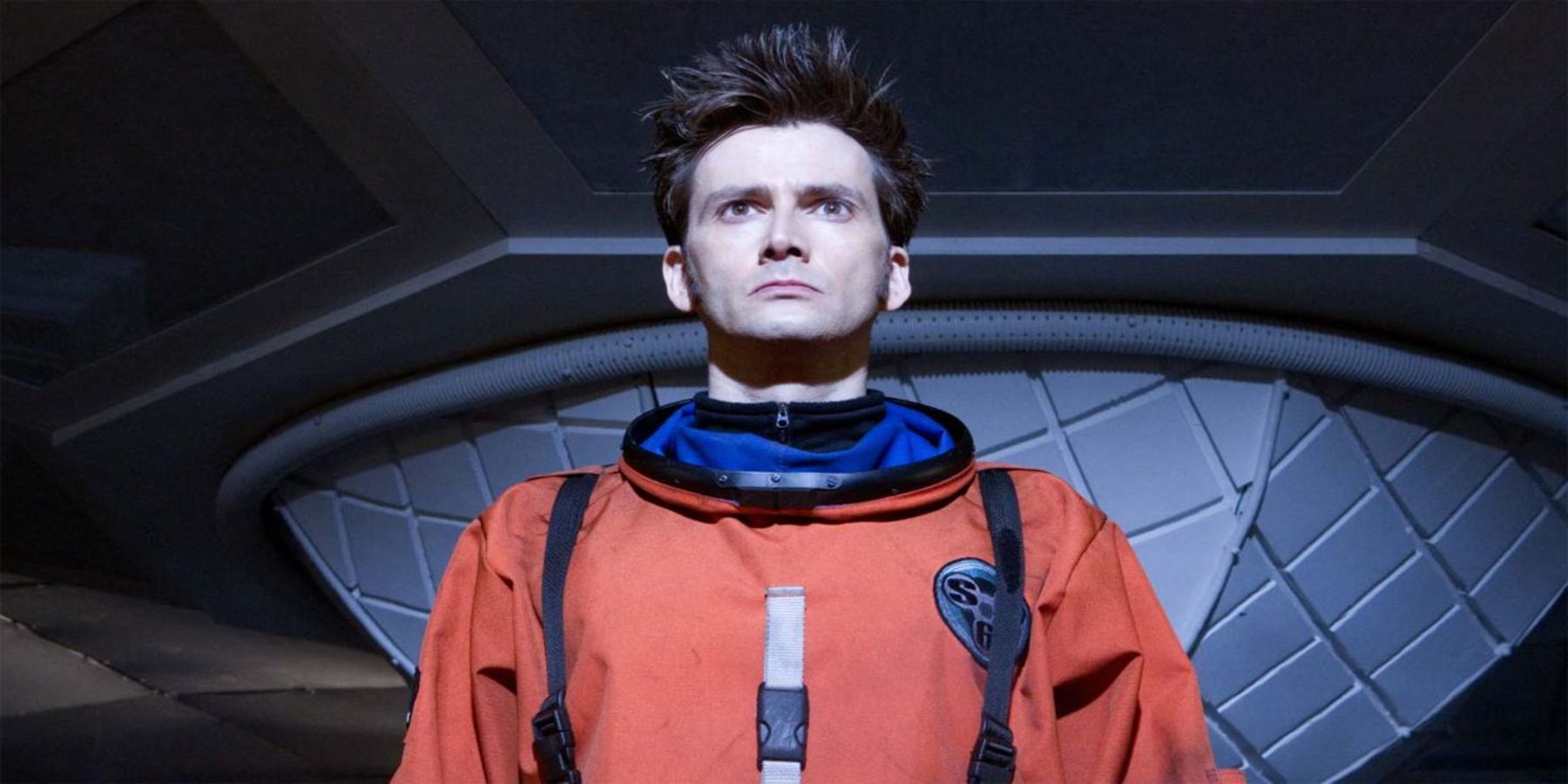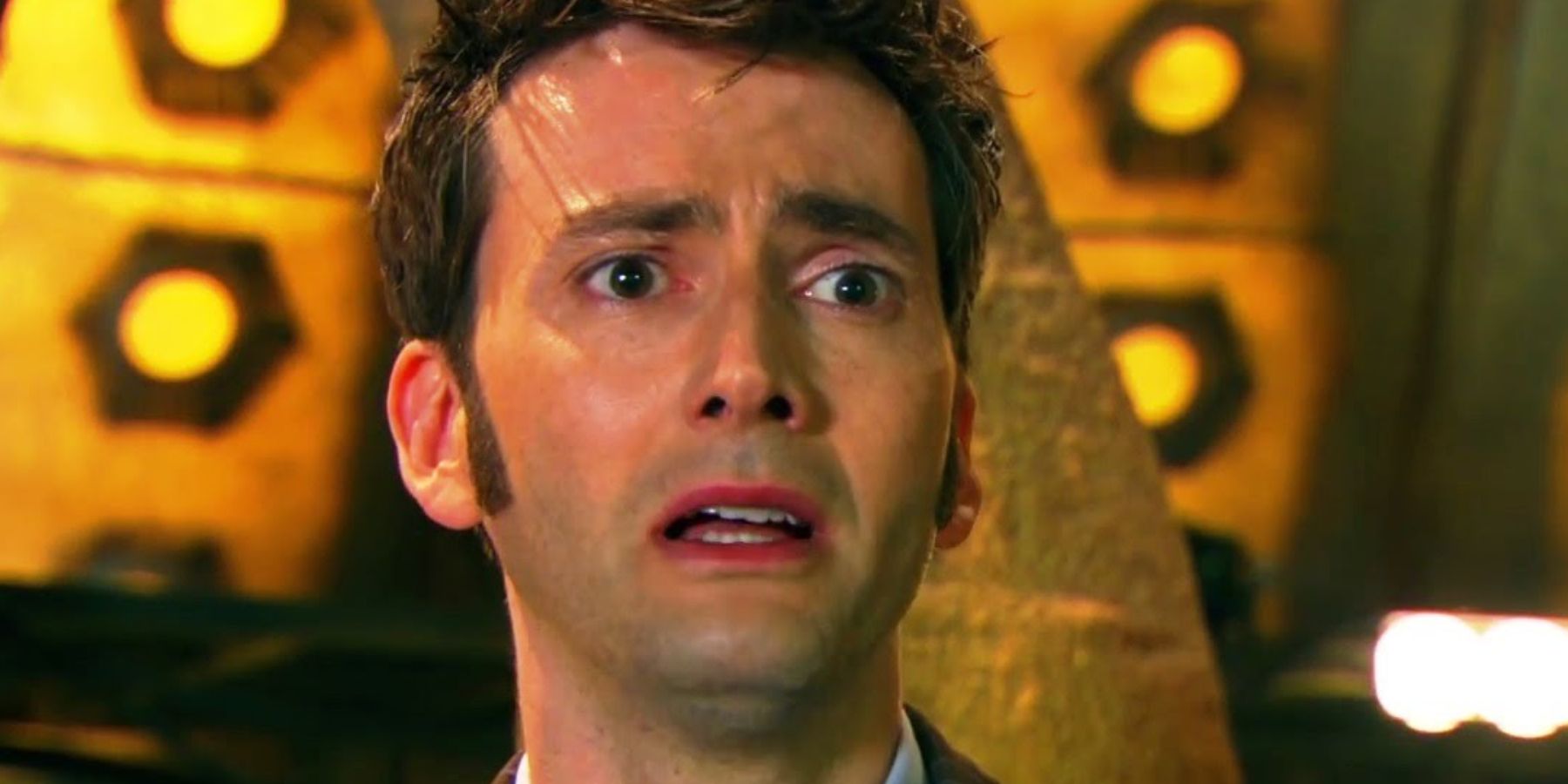Doctor Who recently made headlines with “The Power of the Doctor,” which saw the end of both Chris Chibnall’s controversial tenure as showrunner and Jodie Whittaker’s time as the show’s titular Doctor. But while fans knew ahead of time that the Thirteenth Doctor would be regenerating into a different form, which form she took came as quite a surprise to fans of the series.
Back in May 2022, it was announced that Ncuti Gatwa would be replacing Whittaker as the next star of the series, with many publications naming him as the Fourteenth Doctor. But in the finale of her last episode, the Thirteenth Doctor regenerated not into Ncuti Gatwa as fans expected, but into David Tennant, who previously starred as the Tenth Doctor from 2005 to 2010. While the explanation of how Tennant is returning as the true Fourteenth Doctor will have to wait until the show’s 60th anniversary specials next November, it’s not too early to get ready with a look back at some of the best episodes from Tennant’s original tenure.
The Girl in the Fireplace
While Tennant’s first season as the Tenth Doctor is generally regarded as his weakest, that doesn’t mean that none of its episodes are worth revisiting. Take for instance “The Girl in the Fireplace”, one of the earlier episodes written by Steven Moffat before he went on to become showrunner. The episode sees the Tenth Doctor discover a mysterious, seemingly abandoned spaceship in the 51st century. But as he soon learns, the ship contains a series of portals through space and time, which all lead to moments in the life of one specific person — Madame de Pompadour, the mistress of King Louis XIV of France.
“The Girl in the Fireplace” is the first Moffat episode to experiment with characters’ perception of time, a theme that he later explored even further in his era as showrunner. The story plays with how Madame de Pompadour spends years at a time waiting to see the Doctor again, while from his perspective, these meetings are only minutes apart. It isn’t a plot-critical episode by any means, but it’s still an enjoyable romp that showcases the Tenth Doctor’s more lighthearted side. While the Ninth Doctor was brooding and cynical at times, this episode cements Tennant’s Doctor as an adventurous, fun-loving romantic who will drunkenly insult a killer robot in one scene, then dramatically crash through a time portal on horseback in another.
Human Nature/The Family of Blood
Of course, not all the Tenth Doctor’s adventures have quite so much levity. Every Doctor has a dark side, and the Tenth’s is explored in great detail throughout his run. Take for instance this two-part story, which sees the Doctor transform himself into a human in order to hide from a family of sinister aliens. He rewrites his DNA and erases his memory, living out his days in blissful ignorance as a schoolteacher in 1913 England. But when the Family of Blood tracks the Doctor down and threatens the school, the Doctor must return to his true self to protect the humans around him.
In the story’s shockingly grim finale, it’s revealed that the Doctor was so desperate to hide from the Family of Blood not because he was afraid of them, but because he was afraid of what he’d have to do to stop them. The Doctor traps each of his foes in an eternal prison tailor-made to hold them for all time, granting them all the immortality they desired in the most twisted way imaginable. It’s a decidedly bleak ending for a such an optimistic series, and it perfectly showcases just how terrifying the Tenth Doctor can be at his most desperate.
Midnight
Speaking of terrifying, this Series 4 episode is arguably the most frightening in the entire series. The bulk of the episode takes place inside a small shuttle, where the Doctor tries to help one of the passengers after she’s possessed by a mysterious entity that mimics the words of others. Though the episode is low in stakes compared to, say, a Dalek invasion, it’s infinitely more harrowing due to the tense, atmospheric tone. It’s a brilliant work of psychological horror. This one is best experienced with minimal spoilers, so definitely give it a watch — or a rewatch.
The Waters of Mars
Arguably the definitive Tenth Doctor story, this intense standalone episode shows what happens when the Doctor doesn’t have a human companion to keep him grounded. While the Doctor’s all-consuming need to save lives is typically his greatest strength, “The Waters of Mars” sees his compassion tainted by an ego that only an immortal time-traveler can have. When the Doctor finds himself at the center of a legendary disaster that will change human history forever, he eventually becomes unhinged and even megalomaniacal from his sheer desperation to save everyone. But in the end, the Doctor learns the hard way that he doesn’t have the right to control the course of history, and he’s left consumed with remorse over his horrific mistakes.
“The Waters of Mars” is a dark and even depressing story, but it also showcases just how nuanced the Tenth Doctor’s characterization is. He’s a heroic figure who truly wants to help everyone he can, but underneath his dorky facade, he’s guilt-ridden, stubborn, and convinced that he knows what’s best for everyone. Paradoxically, the Doctor can be selfless and self-centered in equal measure, and this episode encapsulates the depth of his character. Not only is “The Waters of Mars” a perfect character study of the Tenth Doctor, it’s also a strong contender for the magnum opus of the series’ once and future showrunner Russell T Davies. If there’s one episode that sums up why David Tennant is the most popular Doctor in the show’s history, it’s this one.
The End of Time
The Tenth Doctor’s two-part swan song is arguably the weakest story on this list. It comes off as a bit unfocused compared to other regeneration episodes, and features some shaky writing for John Simm’s portrayal of the Master. But despite its flaws, “The End of Time” still has plenty of strong points. For starters, it features the long-awaited confrontation between the Doctor and the Time Lords — a fitting culmination for the Doctor’s character arc throughout the original Davies era, which centered around his guilt over the Time War. And of course, the performances of Timothy Dalton as Rassilon and the late Bernard Cribbins as fan-favorite companion Wilfred Mott are definite highlights.
However, the thing most fans remember this story for is its tear-jerking finale, in which the Tenth Doctor meets his tragic end. After sacrificing himself to save Wilfred, he says farewell to his companions and regenerates, leaving the heartbreaking last words “I don’t want to go.” Of course, now it seems that Tennant’s Doctor wasn’t gone for good after all, so perhaps Ten got his wish. But while it’s unclear what the future holds for Tennant’s Doctor, his original farewell is still worth another look after over a decade.

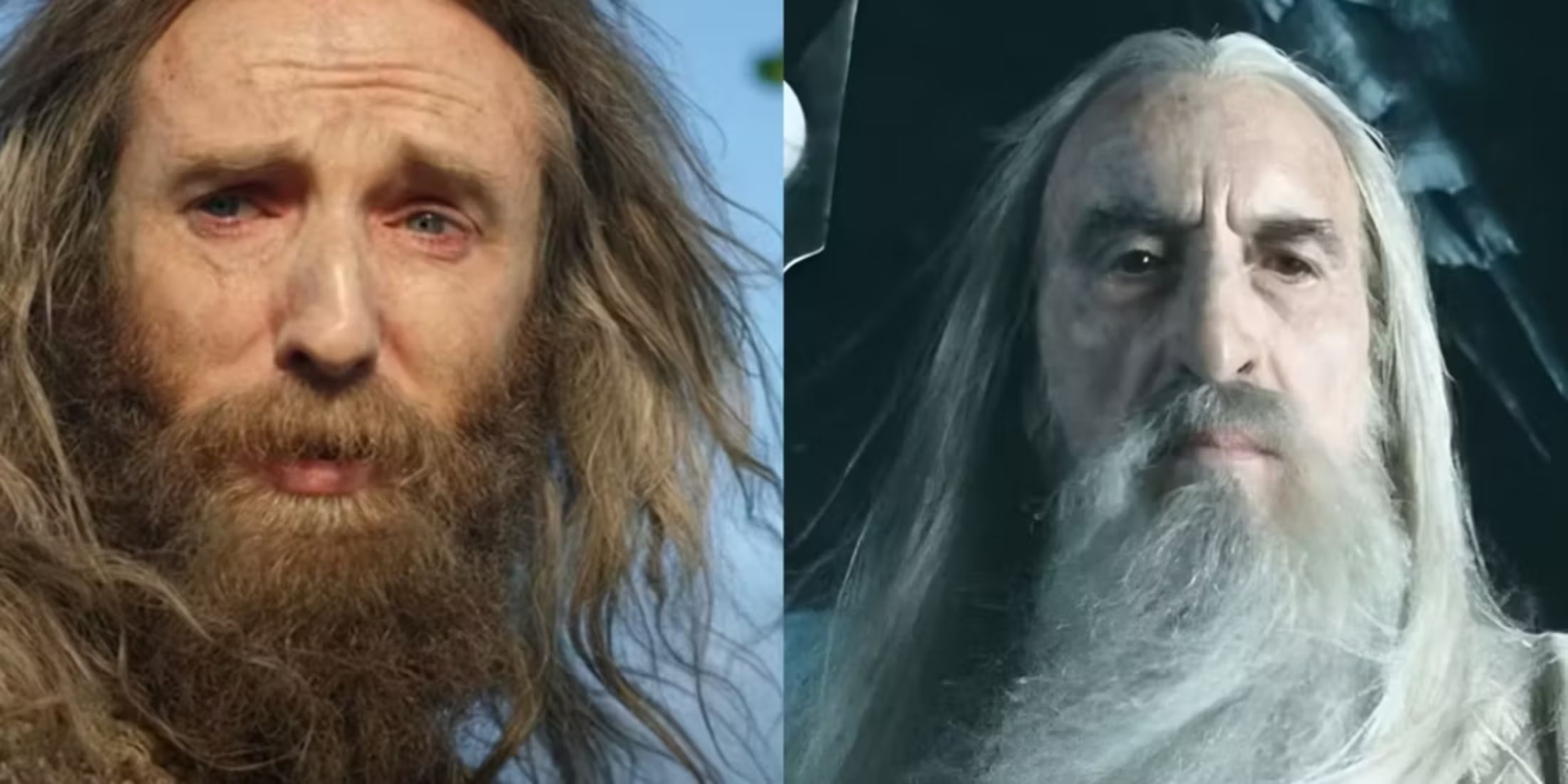

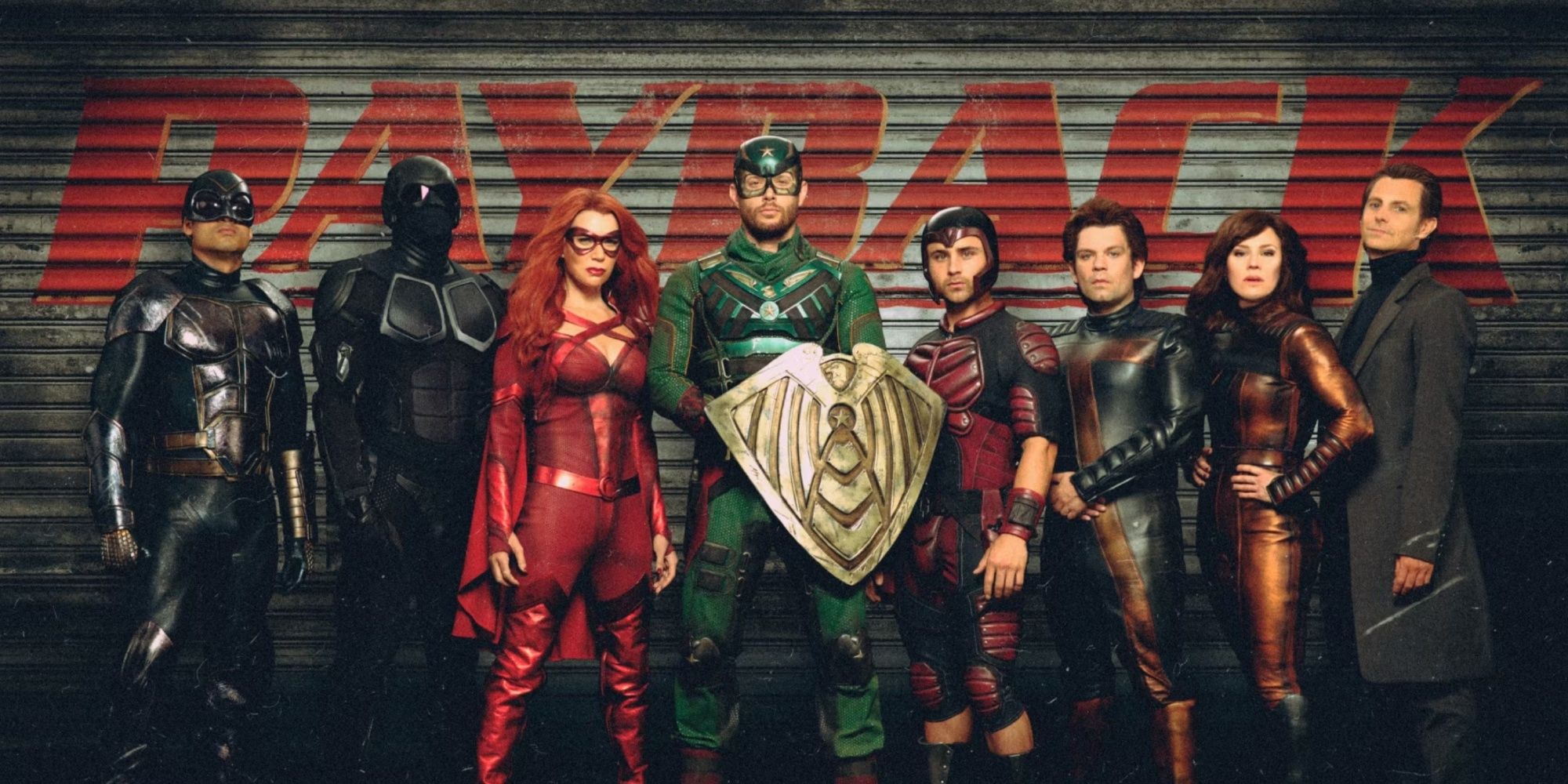
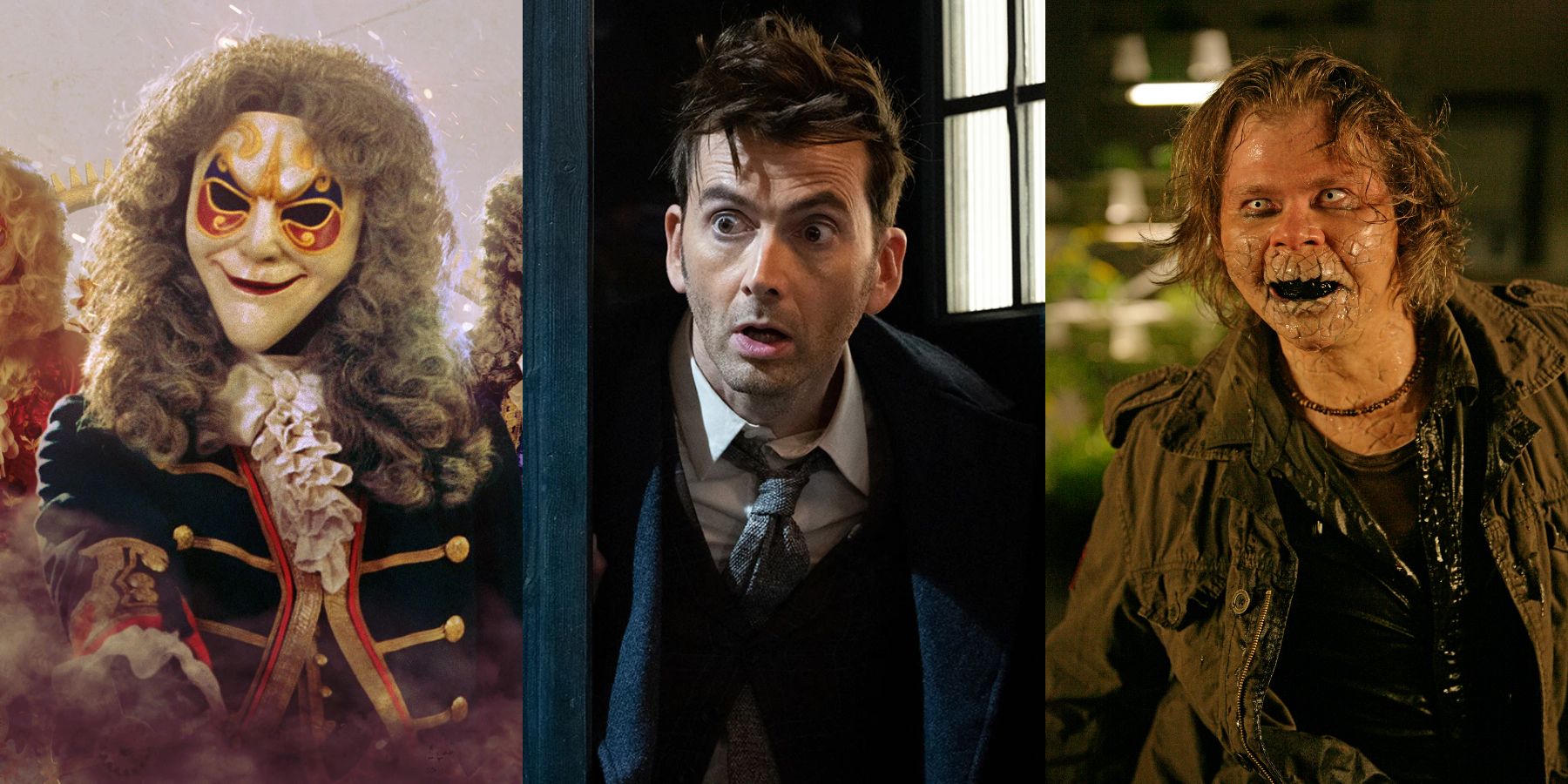
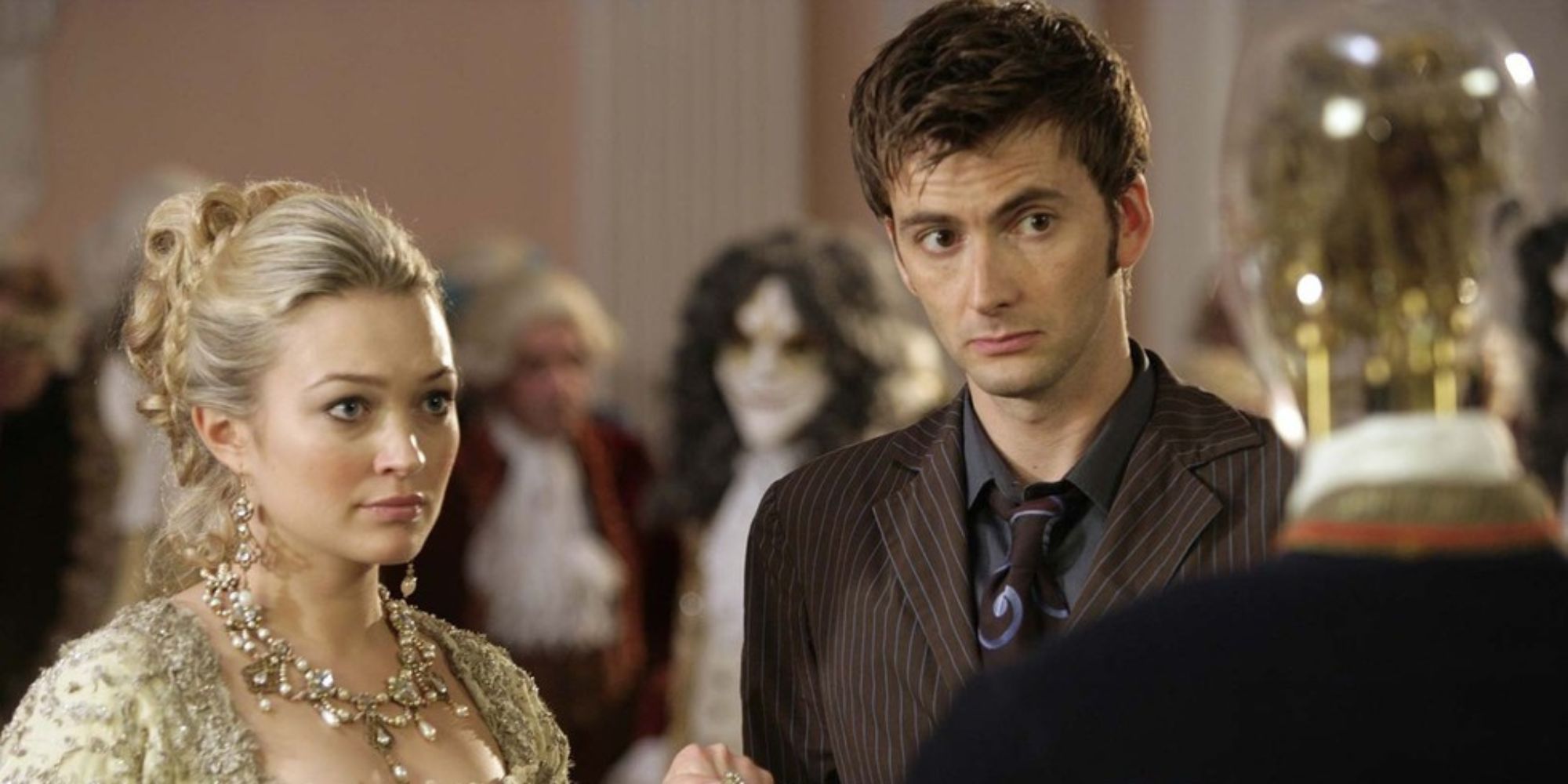
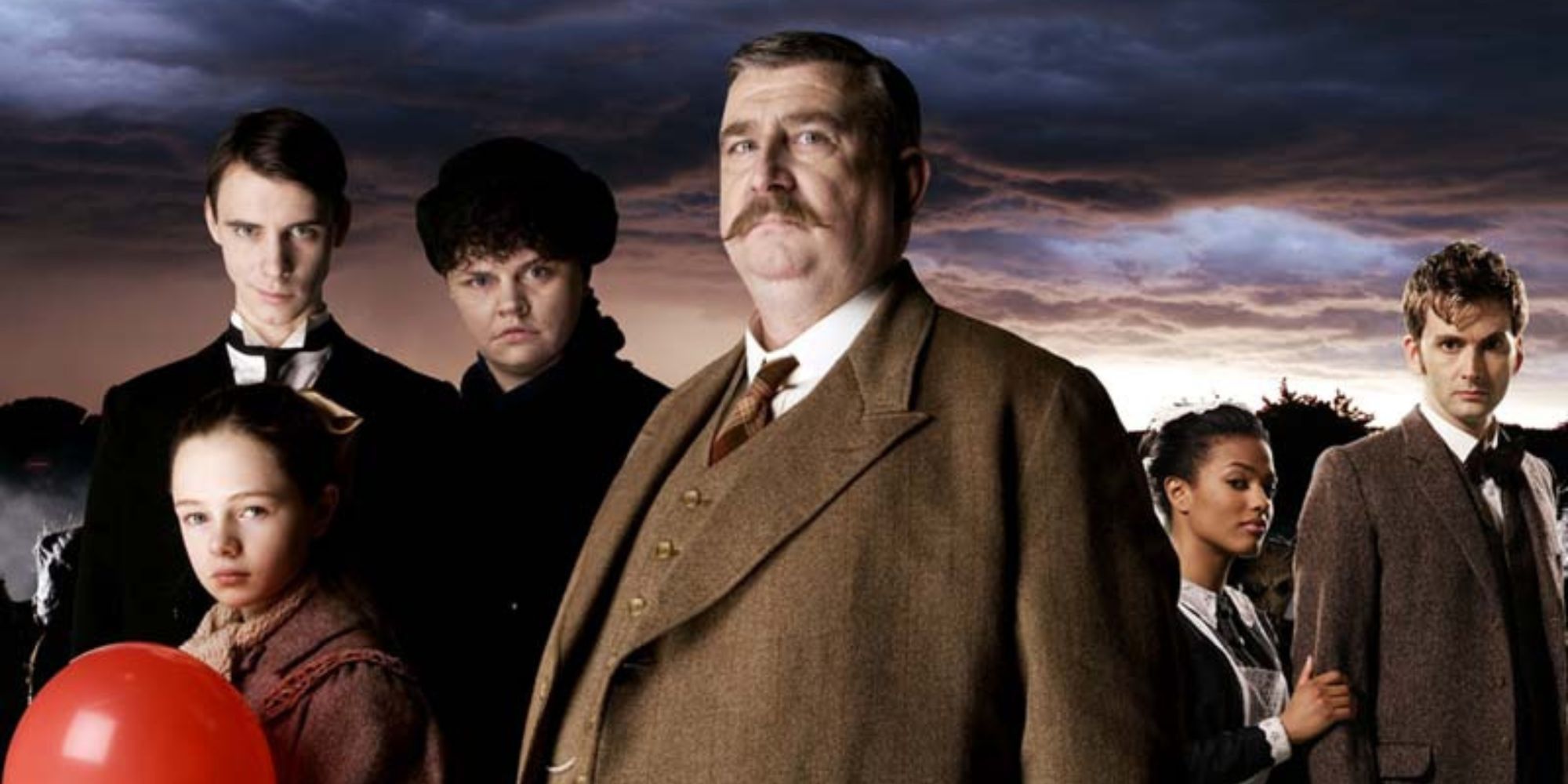
.jpg)
